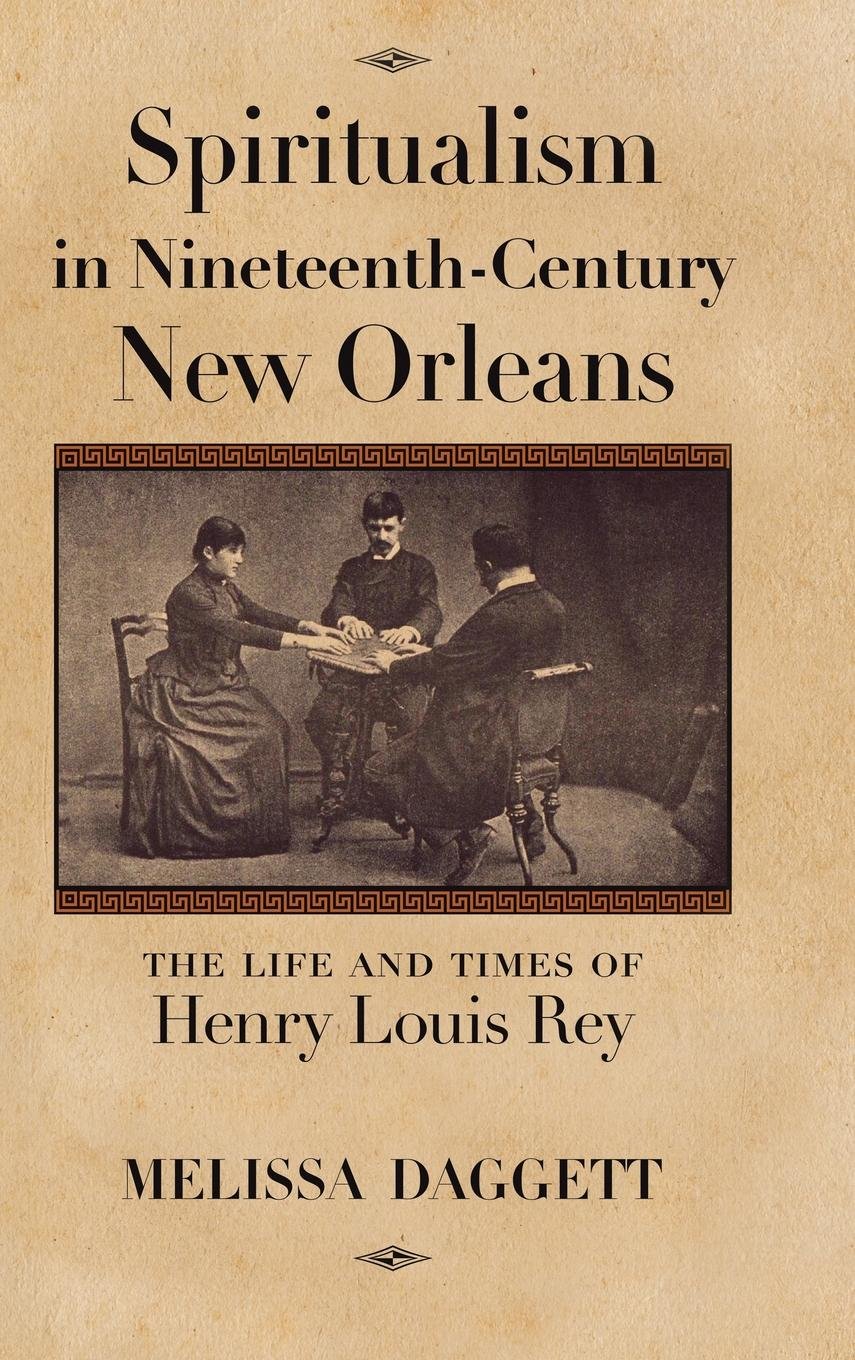Alexander Grelier
10/4/18
10/4/18
Spiritualism and Spiritual Communication in the Reconstruction Era
 |
| Spiritualism in Nineteenth-Century New Orleans: The Life and Times of Henry Louis Rey |
After reading a passage from the New Orleans Republican published in 1874, I realized how prevalent the idea of spiritualism and afterlife became in the Reconstruction Era. The interest to communicate with spirits really came to be straight after the Civil War because of the countless deaths and losses of friends and family. The author of the article,"Spiritualism and its Tenets," speaks about the communication with spirits through a medium, what he believes afterlife is like, and the vast differences between the spiritual and "real" world. He explains that using mediums, such as a seance in the picture above, doesn't really allow you to choose who you talk to because of how complex the spiritual world really is in comparison to the real world. I did my own research to find out that Mary Todd Lincoln would often attempt to communicate with dead loved ones, as she was very fascinated with the idea, and even Abraham Lincoln himself was someone who attended seances and was given influence for equality in the Union through his experience with spiritual communication.
Sources
"Spiritualism and Its Tenets" This is the newspaper article that I based this post on. It was published in 1874, during the Reconstruction Era.
Historic New Orleans: Spiritualism This source is where I gained information about Mary Todd Lincoln and her relation to spiritualism, and how spiritualism began in the Reconstruction Era.
Free Spirits: Spiritualism, Republicanism, and Radicalism in the Civil War Era by Mark A. Lause This passage is where I got information about Abraham Lincoln's relation with spiritualism, and how it influenced his beliefs.
Comments
Post a Comment